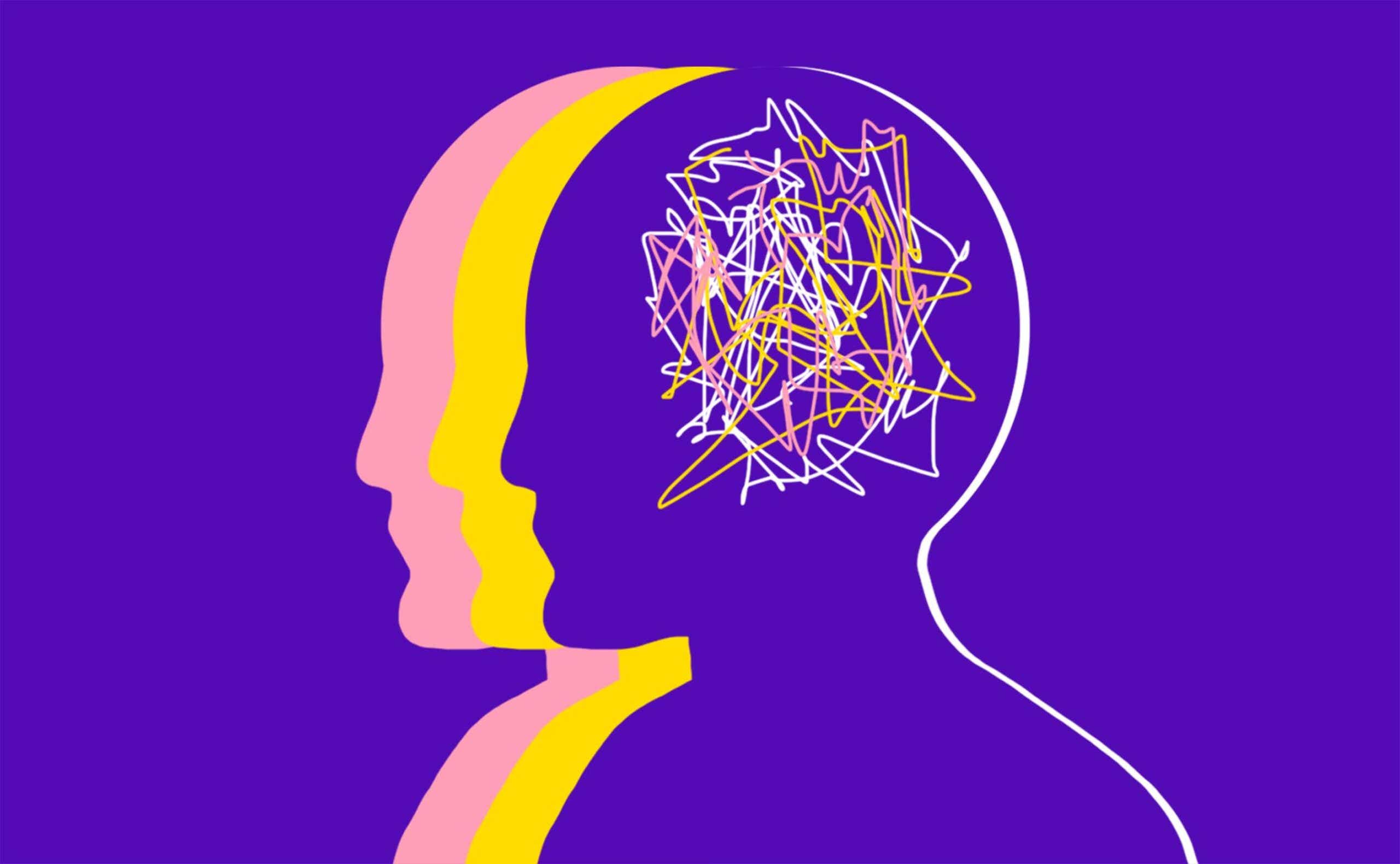The U.S. is facing a growing mental health crisis that has been made worse by the Covid-19 pandemic — and it’s hitting our nation’s youth particularly hard.
It’s enough to make high-level officials take notice: In December, Surgeon General Vivek Murthy issued a rare public health advisory that urged more action on this “crucial issue,” and he worries it isn’t going away anytime soon.
“Young people today are looking at the specter of climate change, of racism, of violence in their communities, of economic insecurity, and wondering, ‘Is the future really brighter?’” Dr. Murthy told Katie on Thursday during an Instagram Live interview.
In a wide-ranging conversation, Dr. Murthy gave us an update on where we stand today and how we can collectively take action to combat this concerning trend among kids.
Mental health needs of children are surging
Dr. Murthy says children and young adults were already facing a “disturbing” mental health crisis before the coronavirus pandemic began. He estimates that in the 10 years before Covid-19, the U.S. saw a more than 50 percent increase in the suicide rate and a more than 40 percent spike in the number of high school students who said they felt persistent feelings of sadness and hopelessness.
And the pandemic has only made the issues behind the mental health crisis worse. Murthy’s advisory cites research indicating that a quarter of youth globally are experiencing clinically elevated depressive symptoms, while 20 percent are experiencing clinically elevated symptoms of anxiety.
The dangers of not discussing mental health
While some attitudes have changed, there’s still quite a stigma around mental health, and Dr. Murthy worries that could prevent some young people from coming forward and asking for help.
“We assume that people are fine because they're not sharing something proactively or because they seem to be OK on the outside,” he told Katie. “A lot of people are struggling in silence.”
Part of breaking down this barrier is about just opening up that conversation, which he believes is especially important for young boys. In his interview with Katie, Dr. Murthy described visiting a middle school in Washington, D.C., where a male student asked him why men in his family don’t cry.
“They're seeing a society that tells them, ‘Hey, it's not OK for guys to experience emotions or for boys to express how they feel,’” he says. “Whereas the reality is that's part of being human, and we've got to normalize it for everyone.”
How to pay attention to the warning signs
Mental health struggles can show up in a few different ways. Dr. Murthy says they could manifest as a change of behavior; for example, someone may become more short-tempered than usual. It can also show up as a lack of sleep or a change in diet. Another red flag is when someone starts retreating from others and isolating themselves — a habit that tends to be common among those with anxiety.
At the same time, some never develop these types of concerning signs, which is why Dr. Murthy says it’s important to be proactive in checking in on your kids. “It might seem like everything is perfectly normal, but they may still be struggling inside,” he says.
Dr. Murthy’s advice for parents
You may have heard that talking about difficult issues like suicide could potentially encourage those kind of ideations, but that’s actually one of the most common myths about suicide, according to the National Alliance on Mental Illness.
Talking to your kids about this issue starts with letting them know they have a space and an outlet to discuss their mental health. Dr. Murthy advises parents to be patient and remember that kids might not open up and share everything, but that’s OK.
“The most important thing is to talk about it, to get help — that alone can do a lot,” he says. “It helps a child know that they're not alone.”
Why this issue is personal for Dr. Murthy
Dr. Murthy shared with Katie that growing up in Florida, he didn’t have a lot of confidence and struggled to make friends. But he said he was lucky to have a “fantastic” school counselor, who allowed him to be open and honest with his feelings. That’s why he’s advocating for mental health providers in schools, so every kid can get the help they need — which will be no easy task amid a chronic shortage of counselors and psychologists.
“There are certainly times where professional help is needed, where talking to counselors can be immensely helpful, and that's also one of the things we have to destigmatize,” he says. “Seeking help is not a sign that you're somehow not able to take care of your own problems. We all need help from time to time.”









